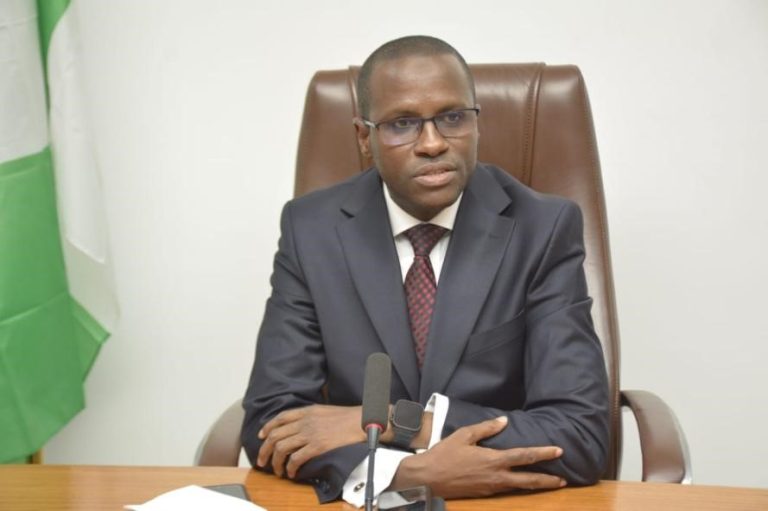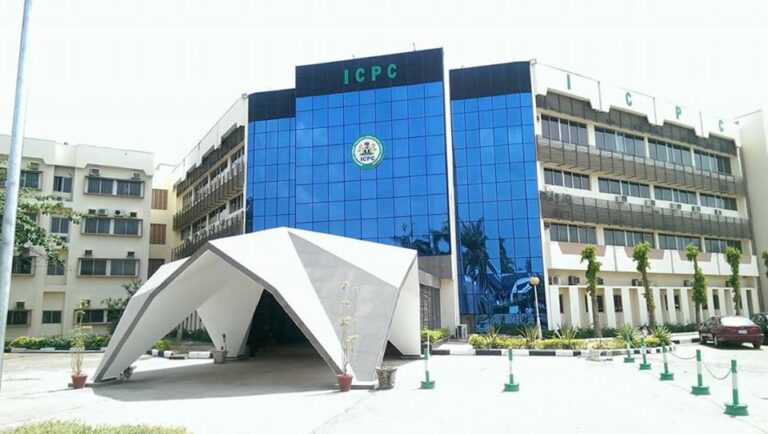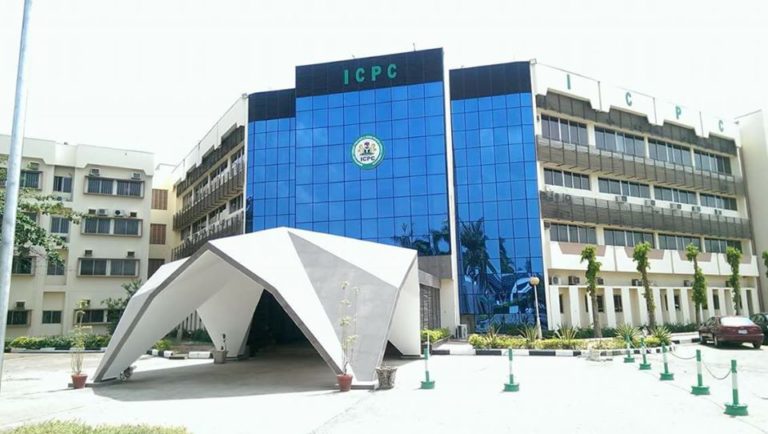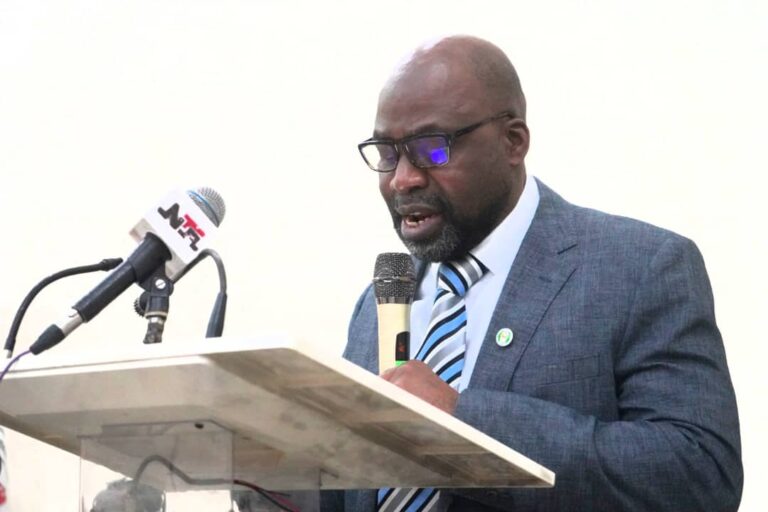Features and Articles
Over the past two years, the Independent Corrupt Practices and Other Related Offences Commission (ICPC) has demonstrated an unwavering commitment...
Any discussion on corruption normally whips up emotions, anticipation, irritation, sadness, and compunctions. The corruption question and its impacts continue...
2005-2010: Justice Emmanuel O. Ayoola: The Flight of ‘Operation Hawk’ The creation of the Independent Corrupt Practices and Other Related...
It is that time of the year when women worldwide are appreciated and celebrated for their contribution to humanity. Events...
It is generally believed among Nigerians that punishment and sanctions are the most effective means of fighting corruption. However, the...
Chairman of the Independent Corrupt Practices and Other Related Offences Commission (ICPC), Professor Bolaji Owasanoye, SAN, has been honoured with...
Whenever and wherever the subject of sexual harassment is discussed, it immediately stirs up different emotions – anger, doubt, resentment...
Sexual harassment in Nigeria’s Institutions of learning has become a cankerworm that has pervaded, not only higher institutions, but the...
For many years, doing business in Nigeria and with Nigerians was at the lowest ebb largely due to the high...
- 1
- 2









